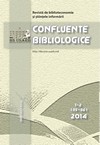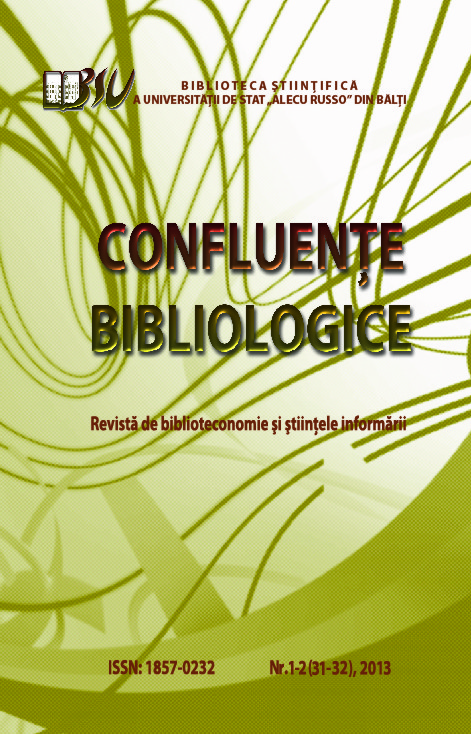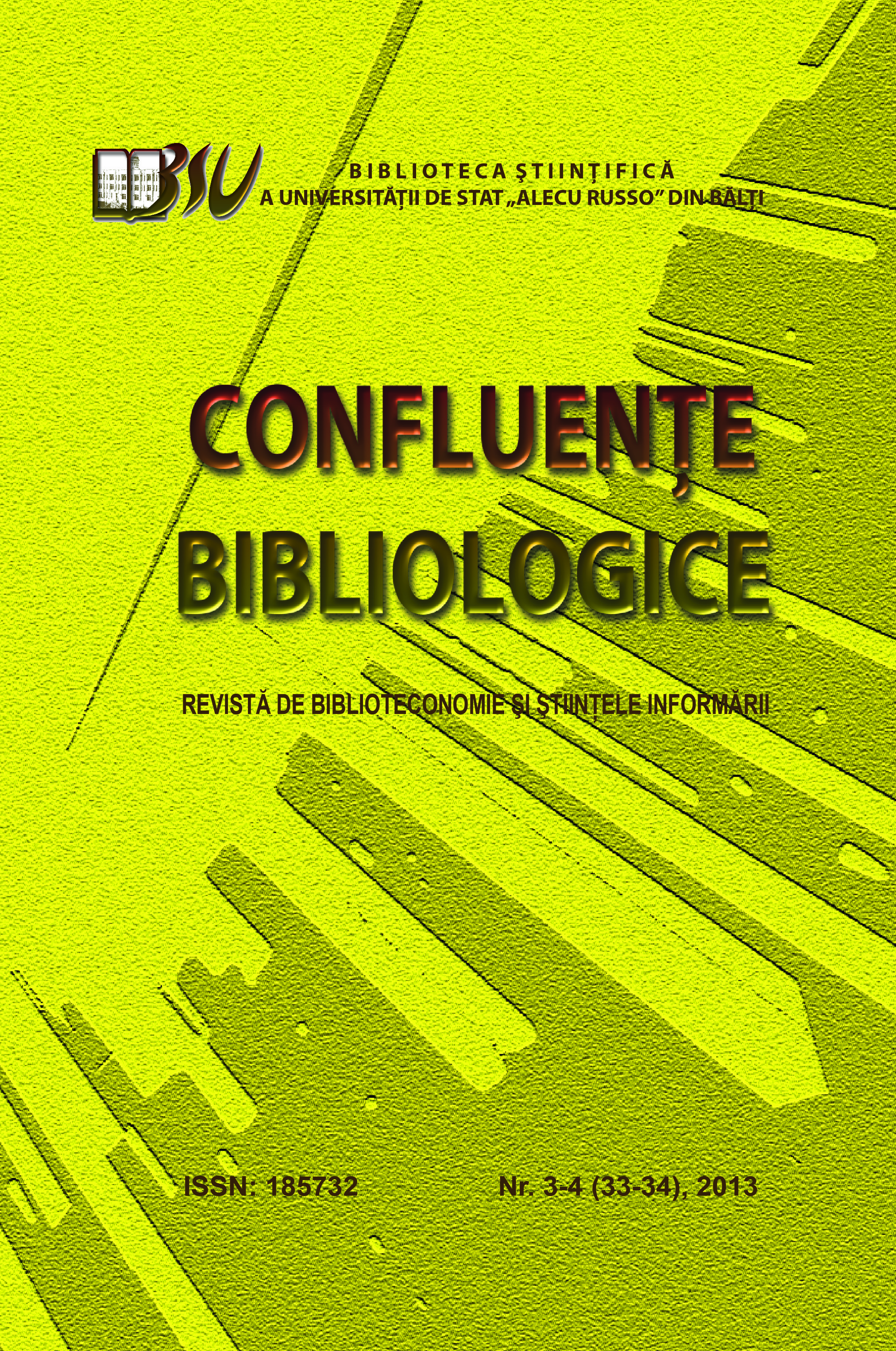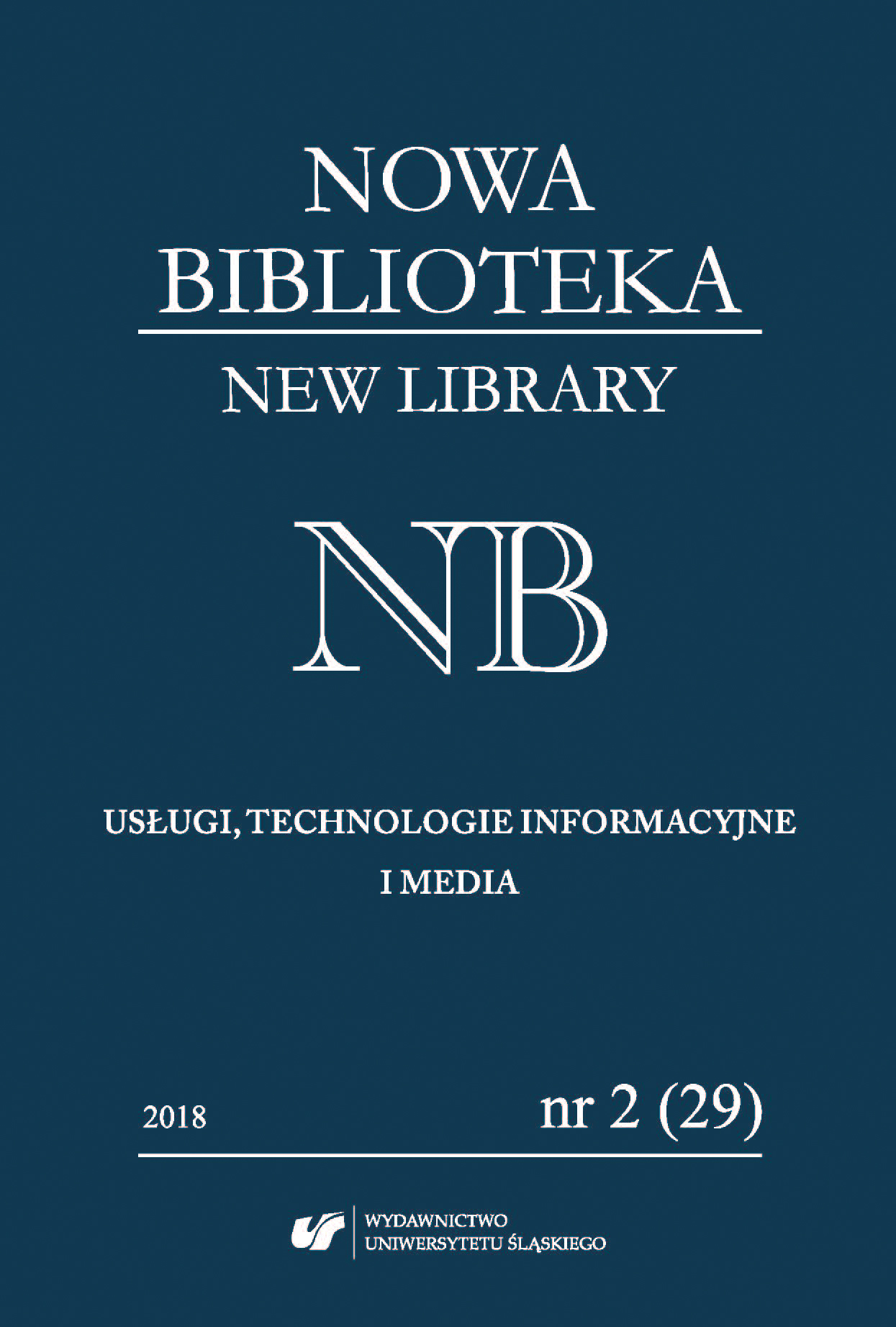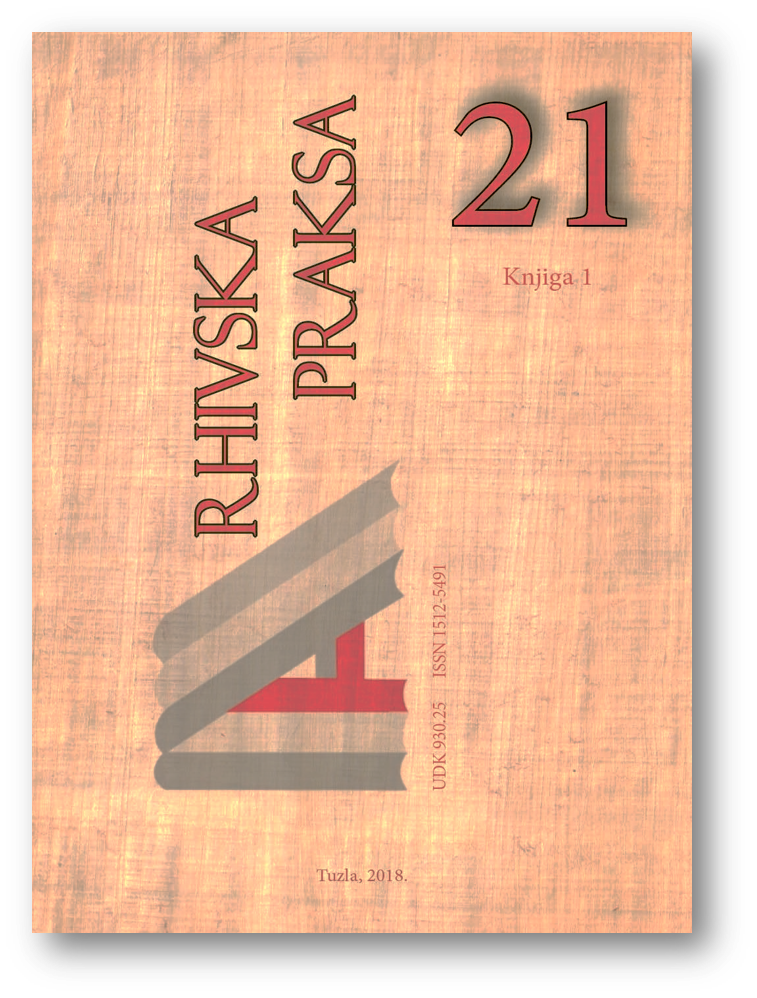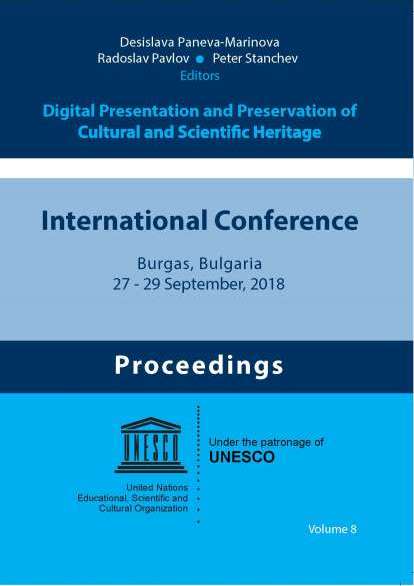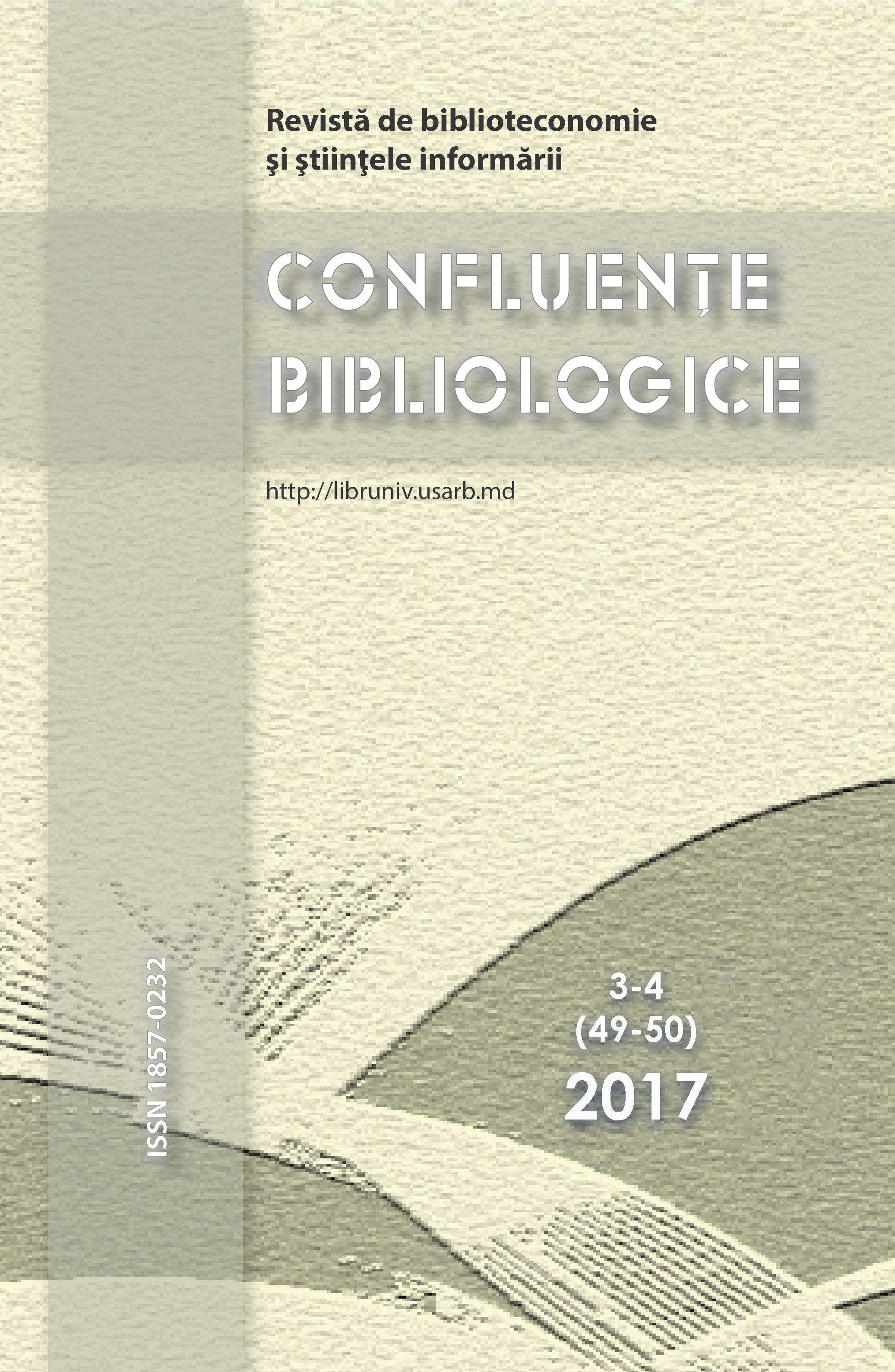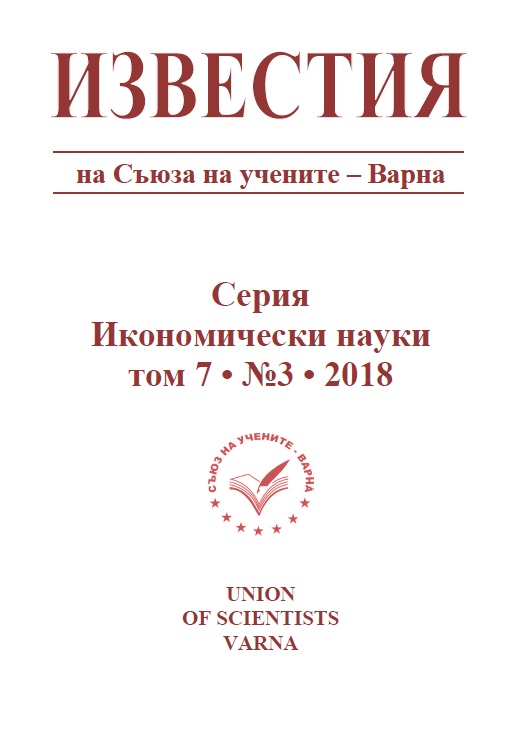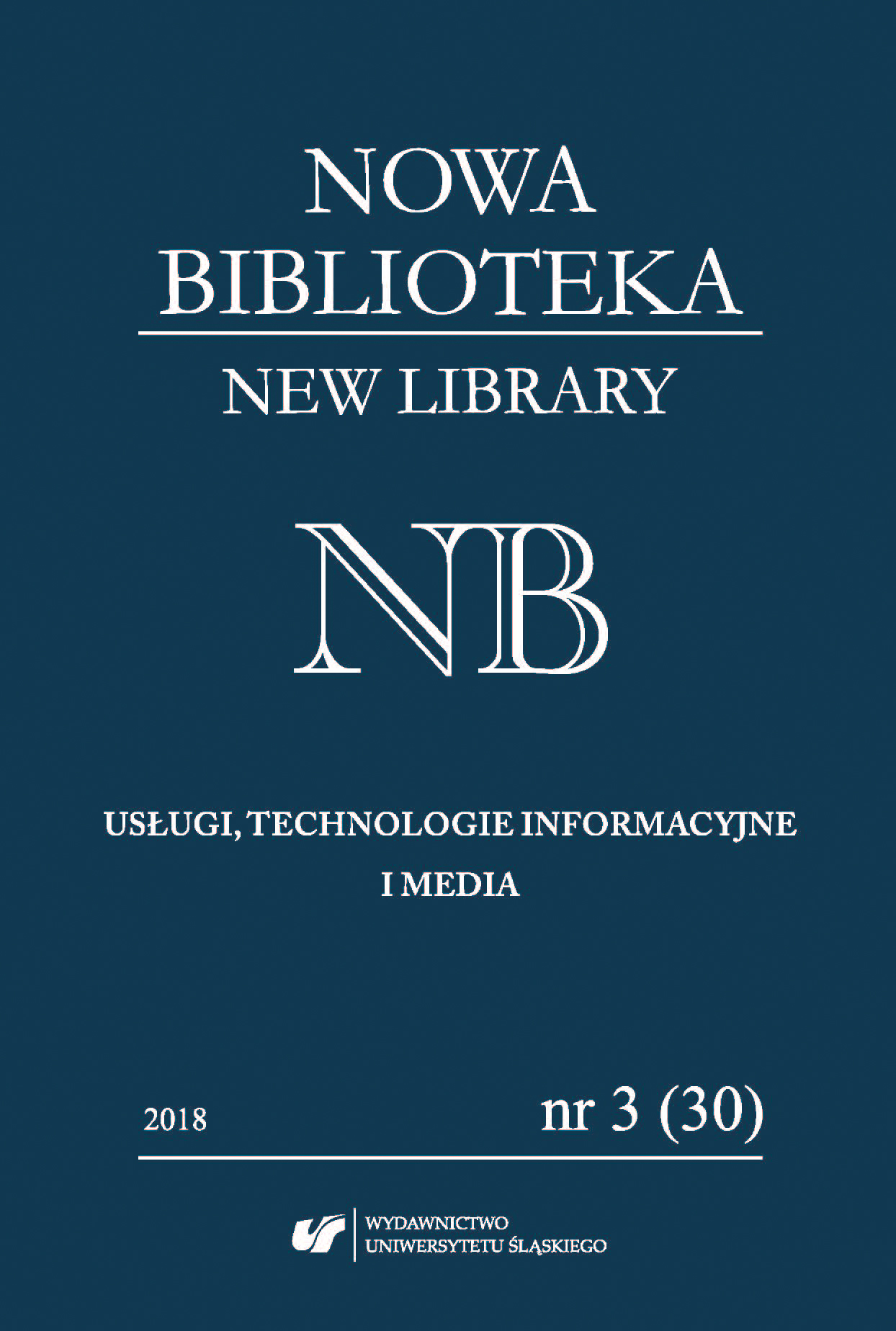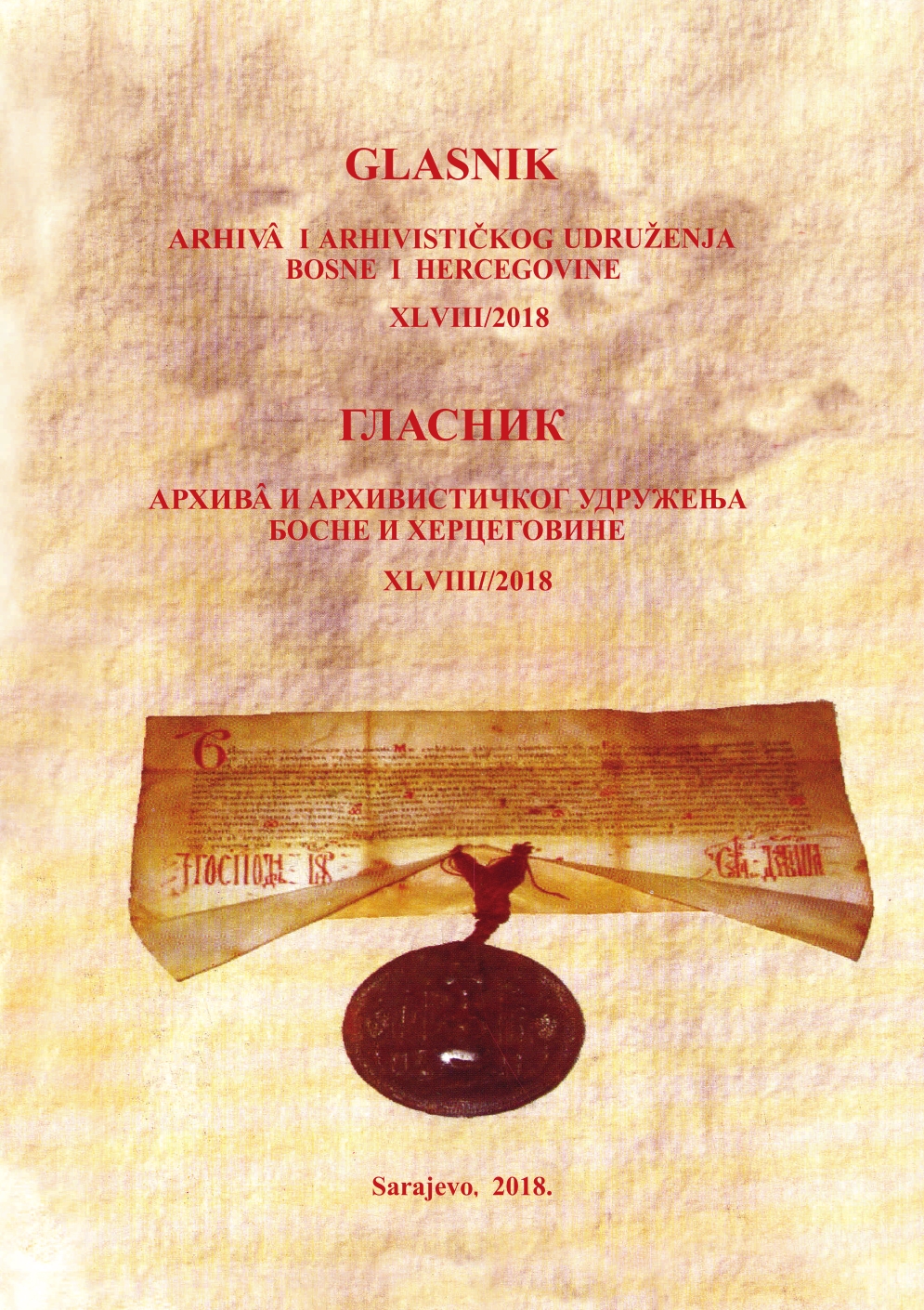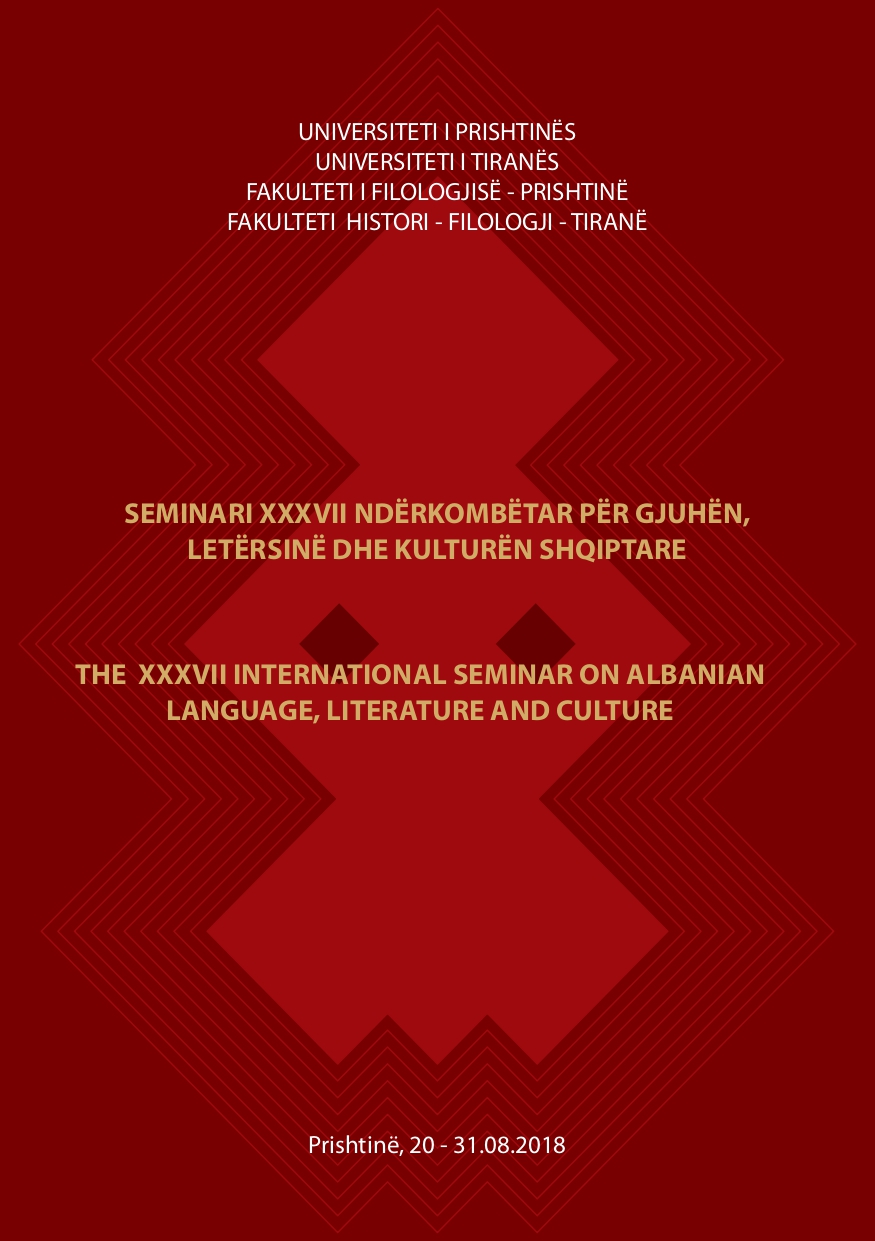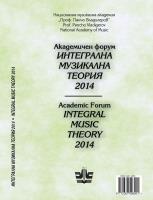
Kolekcje chrześcijaństwa w średniowieczu – próba odczytania znaczenia na podstawie wybranych przykładów
This paper considers the importance and the meaning of three types of medieval collections – treasuries, libraries and relics. The particular case were the private collections of objects, belonging to the important persons. However medieval christian collections has been preceded by the collection of object collected in the tombs of rulers. We find the famous examples in the tomb of Readwald in Sooton Hoo and in the tomb of Childericus in Tournai. The christianity assumed idea of collection and collectioning in his own culture and created three types of collections – treasury, library and relics. Treasury holds the objects in service of liturgy and the regalia – objects of coronation. The principal meaning of these collection was to reveal the regnum and sacerdotium, principal realities of medieval Church and state. The libraries, the collections of books was the instruments of teaching and research, but it created some image of intellectual universum. The collections of relics revealed the community of saints and presented its splendour before the eyes of faithfulls. The particular role and special meaning had the collections of objects – books, jewels, relics, liturgical object belonging to the scholars or to the rulers. In fact this collection revealed the intellectual preferences and spiritual, religious values of these persons. The meaning of collection has been elaborated by Krzysztof Pomian. He asserts, that collection is the mediation between visible and invisible, between mortals and immortals. However, the concept of Krzysztof Pomian seems to be insuffisante towards content, function and meaning of ecclesiastical collection. So it is possible to applicate the concepts of epiphany or sign of time to describe et interpret this type of collection.
More...
